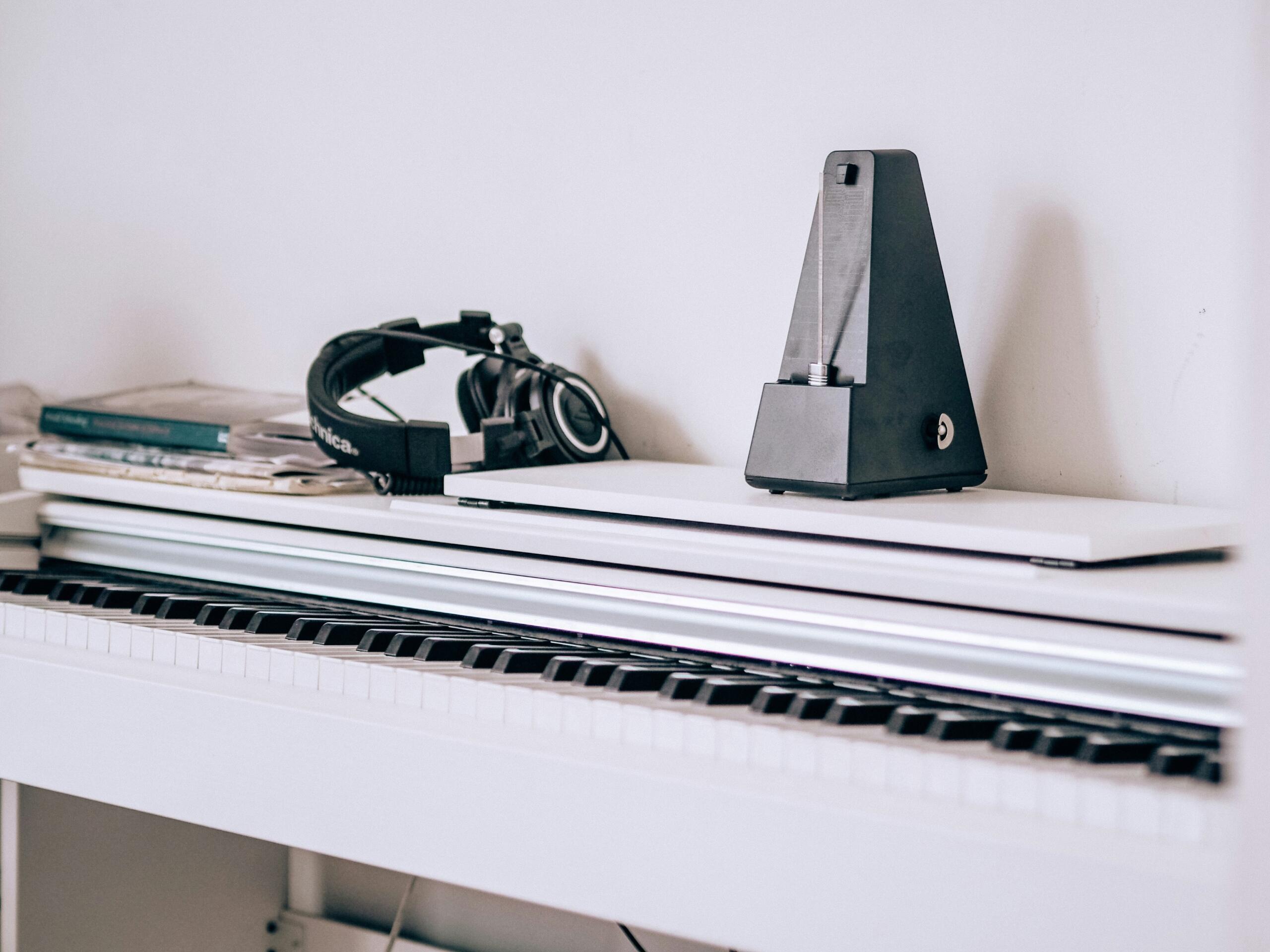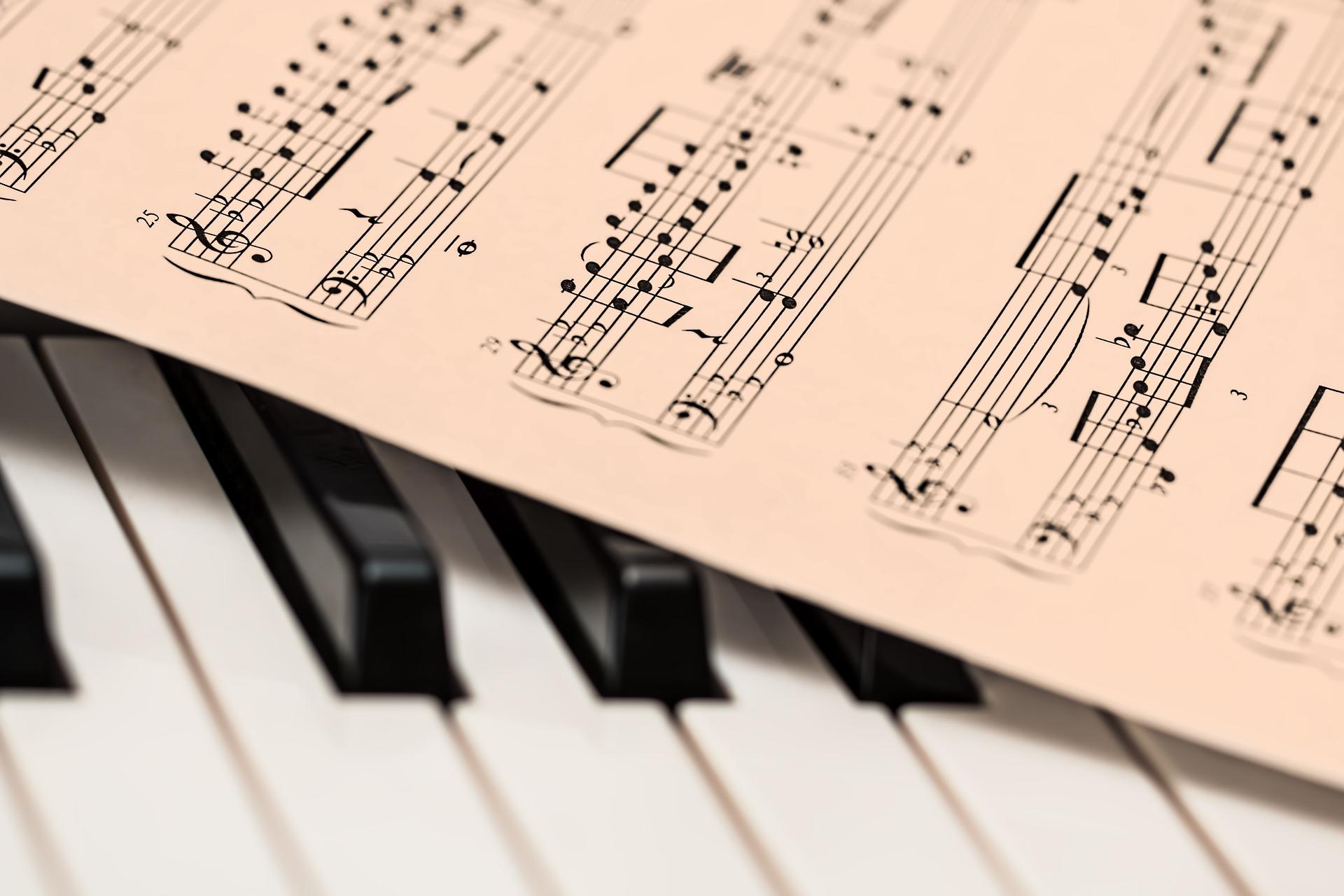The piano ain’t got no wrong notes.
Thelonious Monk
If you have ever walked past a school hall during a music concert or popped into a community centre for a cultural evening, you may have admired young pianists performing with poise and discipline. Often, those performances are linked to graded music examinations but for parents and students new to the piano world, it can be a little confusing at first.
You might find yourself asking questions like how does piano grading work or how many piano grades are there. In a nutshell, piano grading is a structured system designed to help learners develop their skills step-by-step, while awarding them with recognised credentials along the way.
In South Africa, many learners prepare for piano exam boards at schools with strong music departments. Some of these include Pretoria Boys High or Herschel Girls School in Cape Town and many others. In addition, there are private music studios dotted all across the country whether you are in Stellenbosch, Sandton, East London or Durban. Another option favoured by many students is to take piano lessons with independent teachers or private tutors online.
Regardless of the setting, the grading journey is more or less the same. What can differ is the examining body and the approach of the teacher in guiding you towards taking your piano exam boards.

The Piano Exam Boards and How Grades are Structured
To understand how piano grades work, we need to look at the organisations responsible for setting the standards. In South Africa, the most common piano exam boards are the Associated Board of the Royal Schools of Music (ABRSM) and Trinity College London (TCL), both of which have long histories and a presence in cities like Johannesburg, Port Elizabeth, and Bloemfontein.
There is also the University of South Africa (UNISA) music exam system, which is a great source of national pride because it has been tailored to the local context while still holding international credibility. Remember that even though these exam boards have developed grade systems that South Africa follows, they are recognised across the globe.
So, how many piano grades are there, and of course, how does piano grading work?
In most cases, there are eight main grades, starting from Grade 1 for beginners and building up to Grade 8 for advanced players. Some boards, including UNISA, also have pre-grade levels or “initial” grades for young learners who are not quite ready for Grade 1.
Bear in mind that grades are progressive, which means that each one builds on the knowledge and skills of the previous one. For instance, by the time you reach Grade 8, you are expected to have mastered a complex repertoire, advanced technique, and an in-depth understanding of music theory.
But that’s not all, when it comes to how does piano grading work, keep reading for more detail.
How Does Piano Grading Work?
In practice, when it comes to how does piano grading work there is most certainly a system that builds on progress.
In short, piano lessons in the early grades are more focused on basic technique, simple rhythms, and reading music confidently. For a learner in Grade 1 or Grade 2, for instance, the pieces might be short and cheerful and perhaps inspired by local folk melodies or popular children’s songs.
By the middle grades, Grade 4 or Grade 5, the repertoire will become richer. Students start to explore works by composers like Bach or Chopin, while also learning more about harmony and musical form.
A big milestone is Grade 5, because many piano exam boards require a pass in music theory at this level before you can progress to higher grades. This is to ensure that advanced students have the theoretical knowledge to match their practical playing skills.
But before we get to your question: how many piano grades are there, how do you prepare for piano exams?
In South Africa, some learners prepare for this theory requirement through weekend workshops at music schools, while others work on it during extra piano lessons. Skipping grades is technically possible, especially in the lower stages, but teachers usually advise against it unless the student has shown exceptional progress. This is because the syllabus for each grade is designed to prepare the ground for the next. Be aware that skipping too much can leave gaps in technique or theory that are difficult to fill later.
In short, in piano grades 6, 7 and 8, students tackle advanced repertoire, complex theory, refined technique and performance skills. Remember, that Grade 8 being the highest piano grade, represents professional-level mastery and preparation for tertiary music study or teaching.

Regardless of where you are along this journey, piano lessons with the right teacher can help you get to where you want to go.
How Do Piano Grades Work?
If you are asking how do piano grades work, it means you are serious about progressing along your piano journey. The first step is always choosing piano lessons with the right teacher. Fortunately, South Africa is home to many excellent piano teachers who have a wide range of qualifications and experience. For instance, some are based at prestigious institutions like the South African College of Music at UCT, while others teach from private studios in suburbs and small towns.
Of course, now with the explosion of online lessons, connecting with tutors from all over the country for piano lessons, even overseas, is a possibility.
When it comes to how piano grades work, this is how your teacher will run mock exams to help you get used to the format and reduce performance nerves.
In bigger cities like Johannesburg or Cape Town, exam sessions are often held at established venues such as school halls or music conservatories. On the other hand, if you are in smaller towns, you may have visiting examiners come to you to assess your skill in a particular grade. Either way, whether you are in a busy urban centre or a quiet rural area, you can still work towards your grades without having to relocate.
Don’t forget that confidence plays a huge role in the process. Even the most technically skilled player can stumble in front of an examiner if nerves are allowed to take over. That is why teachers encourage plenty of performance practice and will even organise informal concerts or community recitals to help you build stage presence before the big day.
In grades 6, 7 and 8, students tackle advanced repertoire, complex theory, refined technique and performance skills. Remember, that Grade 8 being the highest piano grade, represents professional-level mastery and preparation for tertiary music study or teaching.
Achieving Success and Moving Forward
Success in a piano exam is measured by more than just getting the notes right. Examiners look for musicality, expression, and an understanding of the style of the piece. Passing grades are usually divided into categories such as Pass, Merit, or Distinction. Achieving a Distinction often requires not only technical accuracy but also an engaging and confident performance that leaves a strong impression. Of course, once you reach the higher levels, the rewards go beyond personal satisfaction. Imagine that moment you are awarded a Grade 8 certificate from a respected exam board!

Of course, the end of Grade 8 is not the end of the journey, many music teachers who work privately or in schools started out as young learners, working through their grades over years of dedication. From there, you could go on to study music at tertiary level, perhaps at Rhodes University or Stellenbosch University. You could also join an ensemble, accompany choirs, or explore jazz and contemporary piano styles. This is where the discipline and musicianship developed through the grades provides a solid foundation for any musical path you choose.
So, how does piano grading work in the bigger picture?
Ultimately it is a roadmap for musical growth and a way of marking milestones to keep you motivated and challenged. Whether your goal is to play for your own enjoyment or to pursue a professional music career, the grades give structure to your learning and recognition for your hard work and practice.
Ultimately, while the answer to how many piano grades are there may be a simple “eight” in most cases, don’t forget that every grade along the way is filled with rich learning, dedication and self-discipline that can set you up for life.
Summarise with AI:
























